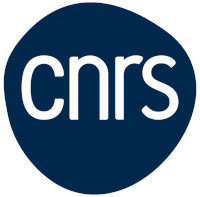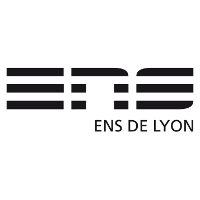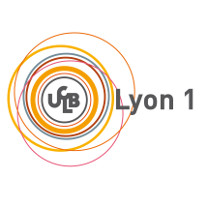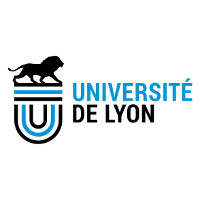Click here to download the Activity Report 2014-2019
The Laboratoire de l'Informatique du Parallélisme (LIP) is the Computer Science laboratory of ENS Lyon. LIP gathers 57 permanent faculties and researchers, with 40-50 PhD students, and over 20 scientists working on temporary positions,with the support of an administrative and technical staff of 12 engineers and assisting people. Research is developed on a wide spectrum of key topics in computer science and information science, and LIP is involved in various inter-disciplinary initiatives. LIP main strength is the creative interaction between long-term fundamental research, innovative software and hardware design, and shorter-term projects and transfer through industrial collaborations.
LIP members are highly involved in teaching within Université de Lyon.
Over the years, the lab has evolved: new research teams have been created and the research axes of existing teams have evolved. The lab is currently organized around 7 projects/teams, among which 5 are joint with INRIA.
Through algorithmic and software developments at every level, an important strength of LIP research is to reconcile fundamental aspects with technological evolutions. On the fundamental side, research goes from complexity and models of computation to semantics and formal proving, as well as mathematical computation and a wide spectrum of algorithmic questions. Regarding technological evolution and efficient use of computing means, the lab is involved in computer arithmetic and computer algebra, grid and cloud computing, peer-to-peer systems, protocols and software for networks and Internet of the future, embedded computing systems, FPGA computing and web technologies.
Most teams participate in high-performance experiments and in the validation and transfer of their results through the development of software/hardware libraries and platforms (e.g., arithmetic operators, compilers, toolboxes for the deployment of client-server applications over the grid, complex system simulation, high-performance network protocols).
Other key points are multi-disciplinary investments and industrial research and collaborations. For instance, LIP has assisted with the creation of ambitious projects such as the Grid'5000 project and the Complex System Institute (IXXI). The role of research with the industrial world is often emphasized such as through the Competitivity Cluster Minalogic, Nano2012, or the INRIA-Bell-Labs common lab.






